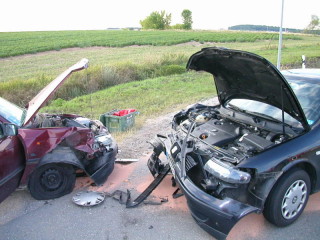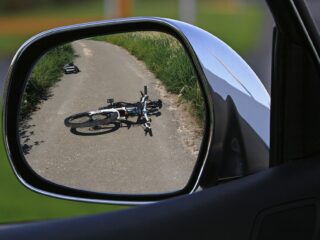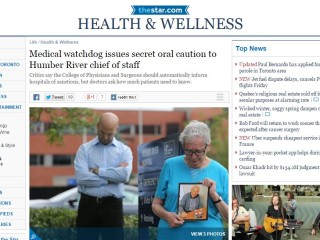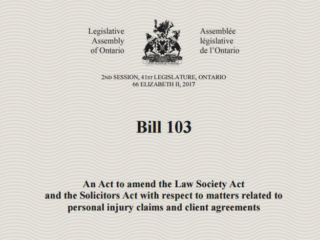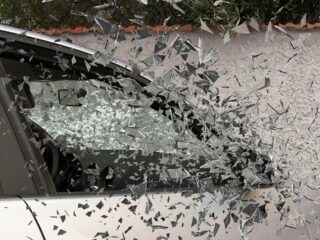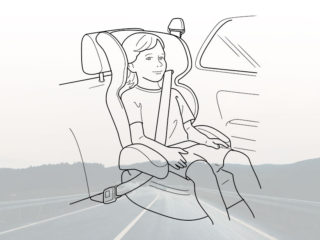Clarifying the operation of s.4 of the Occupiers’ Liability Act.
Date Heard: April 6, 2018 | Full Decision [PDF]
The respondent was injured while riding her bicycle on a municipal trail. Along the trail, there were wooden bollards, which were fixed to the ground by a metal bracket, which was imbedded in the ground. On July 31, 2006, the respondent was riding her bicycle along the trail when her front wheel struck a metal bracket, which was not fitted with a wooden bollard. The respondent crashed and sustained a brain injury. The appellant municipality was found completely responsible for the respondent’s injuries. The appellant municipality was found to have acted with reckless disregard.
Because the respondent was cycling on a recreational trail, the municipality was held to the standard of care as set out in s.4 of the Occupiers’ Liability Act. The appellant argued that the trial judge erred in its interpretation of s.4. It argued that liability under s.4 was contingent on a finding of deliberate intent to harm. The Court rejected that argument. S.4 creates a dual standard. An occupier can be liable under s.4 for either acting with deliberate intent to harm, or for acting with reckless disregard. The Court wrote:
The suggestion that the duty of care described in this subsection is contingent on a finding of a deliberate intent to harm is not consistent with the words of the subsection read in their entire context and in their grammatical and ordinary sense. Clearly the subsection contemplates a duty of care not to create a danger with a deliberate intent of causing harm and a duty of care not to act with reckless disregard of the presence of the person or her property.
The Court did not disturb the trial judge’s holding that the municipality had acted with reckless disregard. The trial judge’s findings were open to deference, and the hidden nature of the bracket on a well-ridden trail was sufficient evidence to find that the appellant had acted with reckless disregard. The Court wrote:
The trial judge applied the appropriate test and concluded that, “the existence of an unpainted, unlocked and relatively easily removable bollard which exposes a housing or saddle above grade that has limited, if any, conspicuity amounts to reckless disregard to the safety of the persons using the Trail.” That was a finding that was open to the trial judge and is owed deference by this court. We are not satisfied that the trial judge made any palpable and overriding error in reaching that conclusion.
There were further appeals with respect to causation, contributory negligence, lost income, and costs. All were dismissed. With respect to causation, the court re-affirmed that the respondent need not prove future income loss by applying the “but for” test. The respondent only needed to establish a “real and substantial risk of future pecuniary loss”. With respect to contributory negligence, the appellant argued that the judge committed a palpable and overriding error in finding no contributory negligence, despite the respondent having crashed while not wearing a helmet. The Court rejected the argument that the trial judge erred. The respondent did not introduce enough evidence at trial to prove the lack of a helmet contributed to the severity of the respondent’s injuries. The Court wrote:
We do not give effect to this submission. The appellant did not establish a basis for a finding of contributory negligence because it failed to adduce sufficient evidence to meet its onus that something that the respondent did or did not do caused or contributed to the accident or the severity of her injury. For example, the appellant lead no admissible evidence that the failure of the respondent to wear a helmet exacerbated her injuries.
Note: At the time of this summary’s publication, the defendant has applied for leave to appeal to the SCC.
Read the full decision [PDF]
